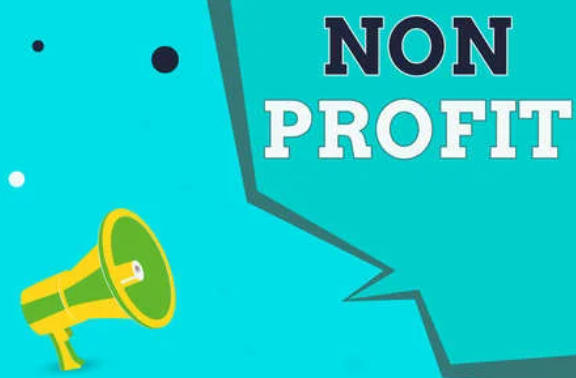Pay Per Click for Nonprofits: Driving Donations and Awareness
Pay-per-click (PPC) advertising provides nonprofits with a powerful platform to raise awareness, attract supporters, and drive donations. By leveraging PPC campaigns, nonprofits can reach a wider audience, effectively communicate their mission, and inspire action. In this article, we will explore effective strategies for using PPC advertising to drive donations and raise awareness for nonprofit organizations.
Set Clear Campaign Goals:
Before launching your PPC campaigns, establish clear goals for your nonprofit. Determine whether your objective is to drive donations, raise awareness, promote a specific campaign, or attract volunteers. Setting specific and measurable goals allows you to tailor your PPC strategy accordingly and track the success of your campaigns.
Leverage Google Ad Grants:
Google Ad Grants is a program that provides eligible nonprofits with free advertising credits on Google Ads. If your nonprofit qualifies, take advantage of this program to maximize your reach and visibility without incurring additional costs. Google Ad Grants enables you to create targeted PPC campaigns, reach a wider audience, and drive traffic to your website.
Focus on Relevant Keywords:
Conduct thorough keyword research to identify relevant keywords that align with your nonprofit's mission, cause, and target audience. Utilize keywords that potential donors or supporters are likely to search for. Long-tail keywords can be especially effective in capturing the attention of users with higher intent to donate or engage. Incorporate these keywords into your ad copy and optimize your campaigns accordingly.
Compelling Ad Copy and Calls-to-Action (CTAs):
Craft compelling ad copy that clearly communicates the impact of your nonprofit's work and inspires action. Emphasize the value and importance of supporting your cause, and highlight the positive change that donations can bring. Incorporate powerful CTAs such as "Donate Now," "Join Us," or "Make a Difference." Compelling ad copy and CTAs help drive engagement, increase click-through rates, and encourage users to take the desired action.
Create Dedicated Landing Pages:
Develop dedicated landing pages that align with your PPC ads and provide a seamless user experience. Ensure that your landing pages clearly articulate your nonprofit's mission, impact, and donation opportunities. Use persuasive storytelling, impactful visuals, and compelling donation forms to engage visitors and encourage them to contribute. Optimize your landing pages for mobile devices to accommodate users across various platforms.
Implement Conversion Tracking and Remarketing:
Implement conversion tracking to measure the success of your PPC campaigns. Track key actions such as donations, newsletter sign-ups, or volunteer inquiries. By analyzing conversion data, you can evaluate the effectiveness of different campaigns, keywords, and messaging. Additionally, leverage remarketing campaigns to re-engage users who have interacted with your website but did not convert. Remarketing helps reinforce your message and increase the chances of conversion.
Utilize Social Media Advertising:
In addition to search engine PPC campaigns, leverage social media advertising platforms such as Facebook Ads or LinkedIn Ads. These platforms offer advanced targeting options that allow you to reach specific demographics or interests relevant to your cause. Tailor your messaging to resonate with social media users and drive engagement. Experiment with different ad formats, such as carousel ads or video ads, to capture attention and communicate your nonprofit's story effectively.
Conclusion:
PPC advertising is a valuable tool for nonprofits to raise awareness, drive donations, and engage supporters. By setting clear goals, leveraging Google Ad Grants, focusing on relevant keywords, creating compelling ad copy and CTAs, developing dedicated landing pages, implementing conversion tracking and remarketing, and utilizing social media advertising, nonprofits can optimize their PPC campaigns for success. Remember, effective PPC advertising requires continuous monitoring, testing, and refinement to ensure that your message reaches the right audience, inspires action, and helps drive positive change for your nonprofit organization.











